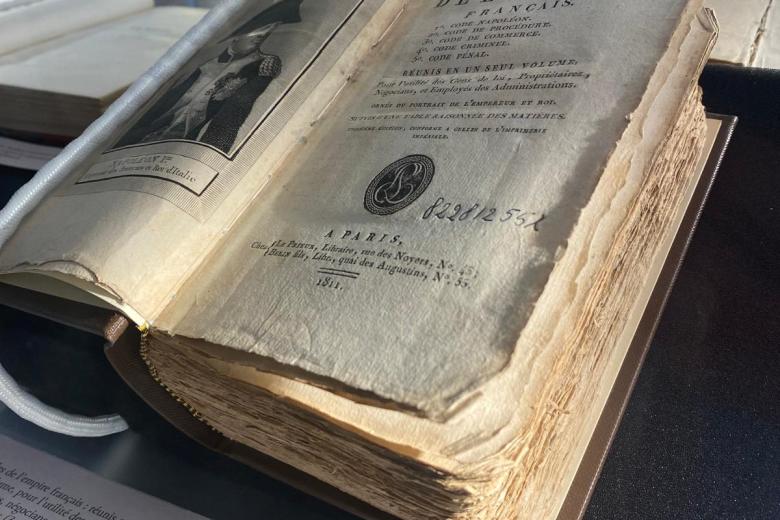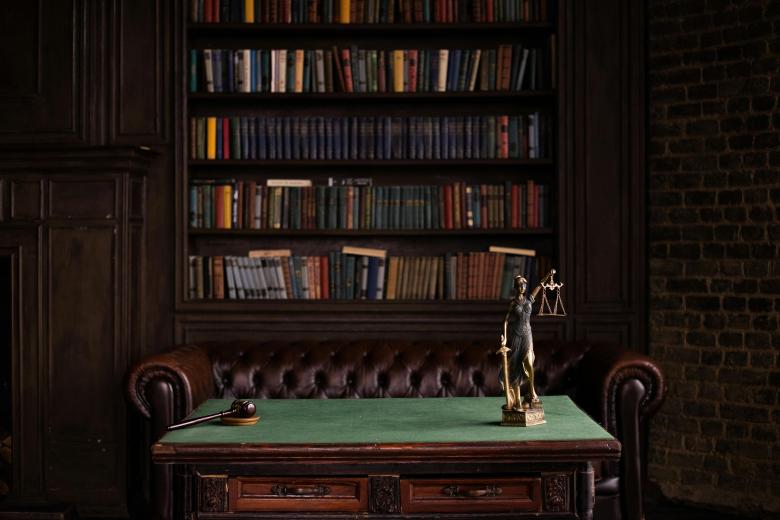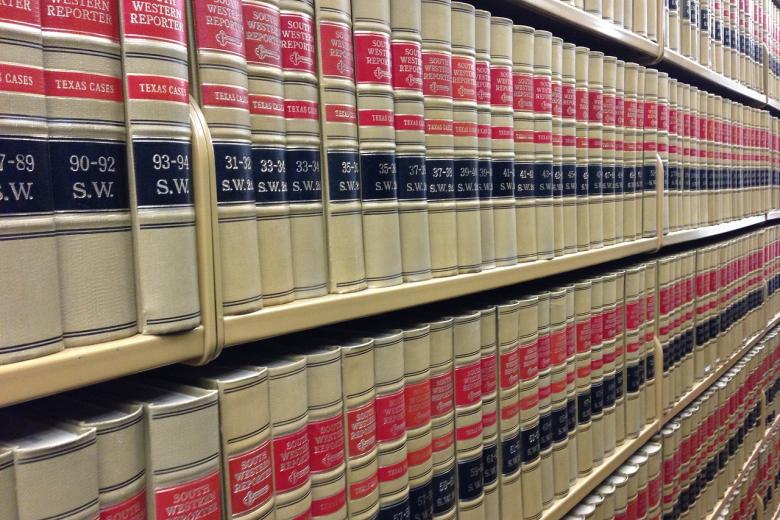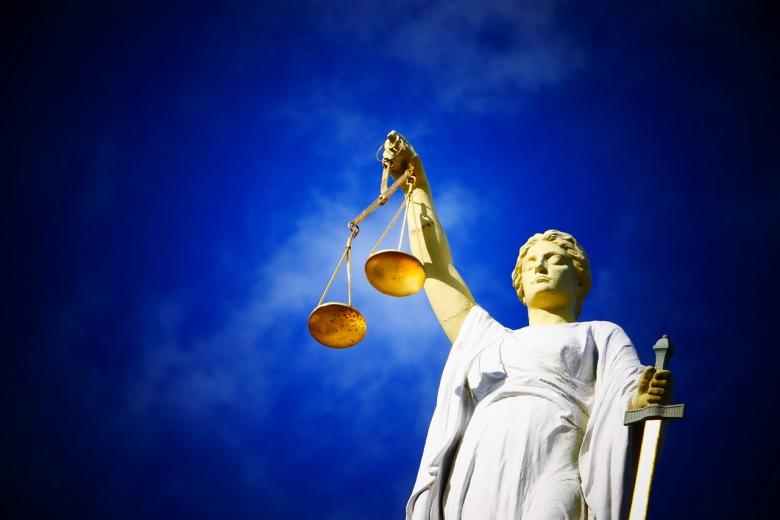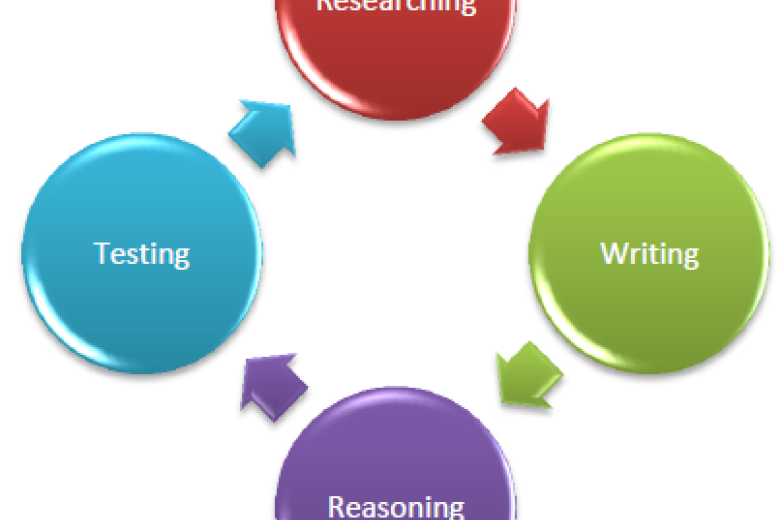Object- and Problem-Based Learning (OBL & PBL): A Fruitful Amalgamation for the Development of Legal Education
Patrons at the Arthur W. Diamond Law Library at Columbia University (USA) can encounter a duplicate of an automobile wheel that relates to the 1916 court case heard by Judge Benjamin Cardozo in MacPherson v. Buick Motor Co. The wheel is an object that hangs on a wall on the fourth floor of the...
